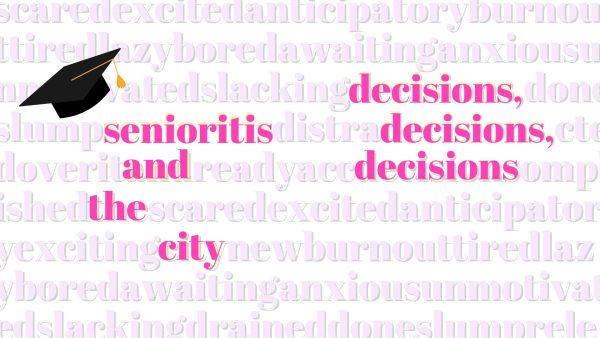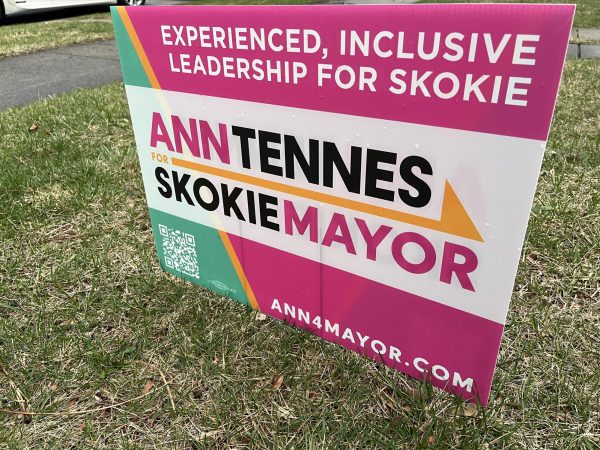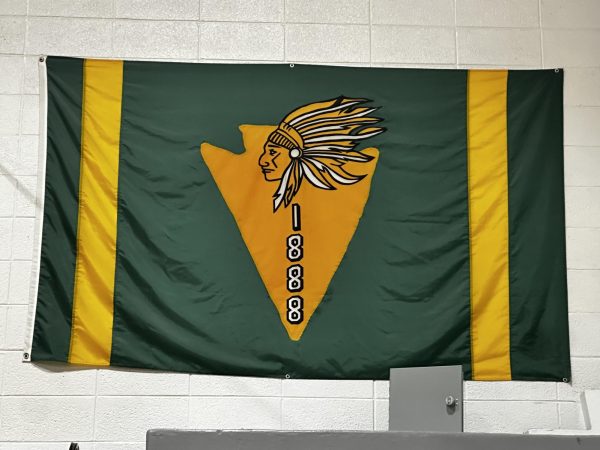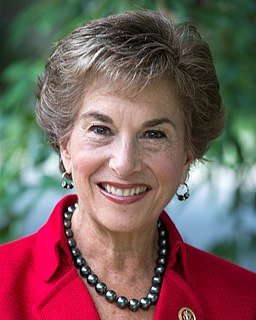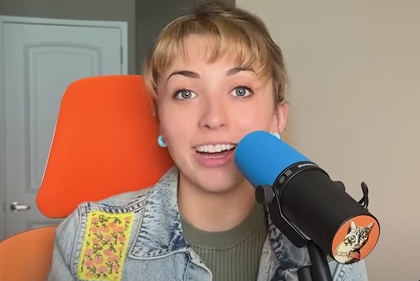Lightfoot loses Chicago mayoral re-election bid
Vallas, Johnson prepare to face off in runoff election
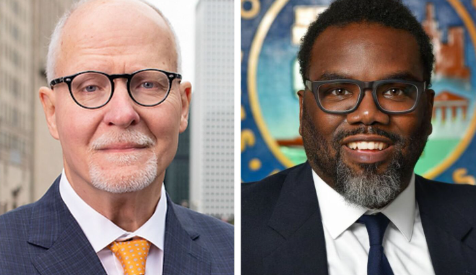
Photos attributed to Chalkbeat Chicago
Chicago mayoral runoff candidates, Paul Vallas (pictured left) and Brandon Johnson (pictured right)
On Feb. 28, the outcome of Chicago’s mayoral election saw incumbent Lori Lightfoot lose her reelection campaign, marking the first time in 40 years that such a phenomenon occurred and leaving remaining candidates Paul Vallas and Brandon Johnson to compete in a runoff election scheduled for April 4.
Paul Vallas, who took 34 percent of the vote, is a former Chicago Public Schools chief and current city budget director. He is a moderate Democrat who has centralized his political platform on mitigating Chicago’s rising crime rates and advocated for a greater police force, more charter schools and a free market economy. Brandon Johnson, who took 20 percent of the vote, is a Cook County Board of Commissioners member supported by progressives and the Chicago Teachers Union. He is a progressive Democrat and is known for supporting raised taxes and criminal justice reform.
“Regardless of tonight’s [Feb. 28’s] outcome, we fought the right fights and put this city on the better path,” Lightfoot said after the election. “I am a Black woman. Let’s not forget: certain folks, frankly, don’t support us in leadership roles.”
Lightfoot, as the first Black and openly lesbian woman to serve as Chicago’s mayor, oversaw a number of controversial issues plaguing the city during her political tenure, notably a significant increase in violent crime. Statistics indicate that crime rates in Chicago stemming from theft, car-jacking, robberies and burglaries had risen by more than 33% since 2019 when Lightfoot first took office.
“One of the biggest questions asked about this election will not be about its winner, but why Mayor Lightfoot lost in the primaries,” Civics teacher Molly Skelton said. “Lightfoot only garnered 17% of the vote in the primaries – the first 1-term mayor in Chicago in 40 years. Some say the lack of support for her was due to the rapid rise in crime, especially of carjackings, burglaries, and robberies.”
During Paul Vallas’ victory speech, he restated his campaign promise to combat crime by implementing stricter legislation improving the policies of his predecessor.
“Public safety is a human right, and it is the government’s responsibility to ensure residents feel safe and secure,” Vallas said. “Confronting the city’s crime problem and ensuring our residents’ safety is my top priority.”
Johnson, who was formerly a supporter of defunding the police, has since backed off the position, which has proved controversial in a city struggling to handle soaring crime rates. However, he still intends to invest more resources into social services and anti-violence programs, arguing that increased policing is not the most effective solution to reduce crime.
Voter polls have suggested that the margin of support between the two candidates is relatively narrow, with a March 6 poll conducted by Victory Research of Chicago finding that Vallas currently holds a slim lead over Johnson. On the Northwest Side of the city, Vallas leads Johnson by a 61.7 to 20.4 percent margin, and on the Southwest side, a similar, though statistically more negligible lead by 59.7 to 25.9 percent. Johnson counters by maintaining a wide lead on both the South Side of the city by 62.4 to 19.8 percent and the West Side by 63.3 to 26.6 percent.
“The next mayor [of Chicago] will most likely perceive his priority as needing to reduce crime by investing in Chicago police forces,” Skelton said. “Since 2019, over 3,000 police officers have retired, resigned, or lost their jobs. I think the most recent polls show that Vallas has the lead over Johnson, but the polls also show that many Chicagoans are still undecided.”
Early voting begins on March 20 and runs through election day on April 4 with most voting sites open from 9 a.m. to 6 p.m. Monday through Friday, 9 a.m. to 5 p.m. Saturdays and 10 a.m. to 4 p.m. Sundays. Click here to see a list of early voting site locations and hours and here for more information on voter eligibility requirements.
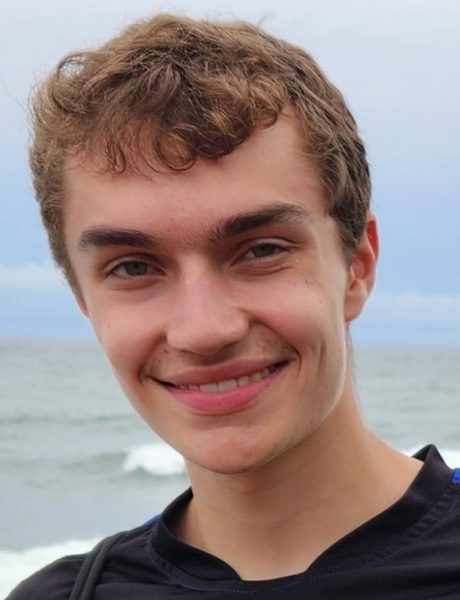
Aiden is a senior who serves as the Editor-in-Chief and News Editor of North Star News. Since first joining the staff during his freshman year, he has...



